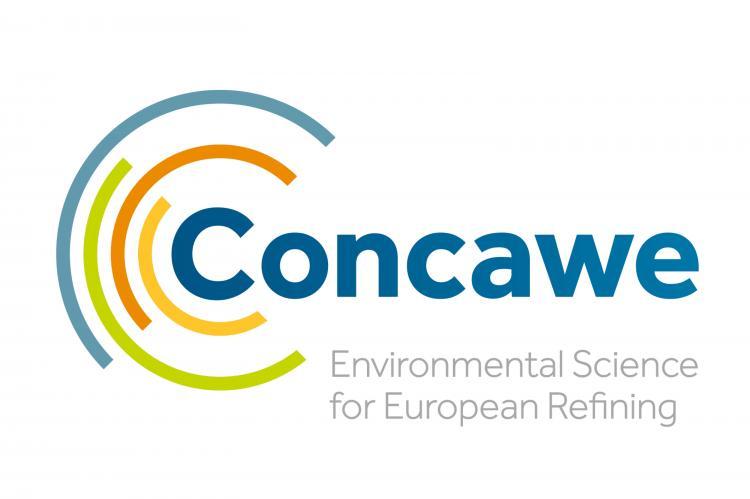European oil pipeline spillage report by Concawe now available online

The latest Concawe report on ‘’Performance of European cross-country oil pipelines - statistical summary of reported spillages in 2018 and since 1971” is now available online.
The key message of the report is that there is no ageing in the pipeline systems due to high-quality supervision and maintenance programs.
Concawe has collected 48 years of spillage data on European cross-country oil pipelines. At nearly 36,000 km the current inventory includes the majority of such pipelines in Europe, transporting some 680 million m³ of crude oil and oil products per year. The report covers the performance of these pipelines in 2018 and a full historical perspective since 1971.
Product theft attempts continued to be the main cause of spills in 2018 although the total number (10) confirmed the sharp decline observed in 2017 (11) from previous years (87 in 2015). Two non theft-related spillage incidents were reported, corresponding to 0.06 spillages per 1000 km of line. There were no fires, fatalities or injuries connected with these spills. Although in recent years there have been relatively few incidents due to third party activities (excluding theft), this category remains the main source of spillage incidents.
In 2018 a total of 65 sections covering a total of 11,730 km were inspected by one or more type of in-line inspection pig, split as follows amongst the individual types of pig: 5,003 km with metal loss pig, 2,994 km with crack detection pig, 3,734 km with geometry pig.
Two members of the ptc Advisory Committee have been involved in preparing the report: Michael Cech, OMV and Andreas Haskamp, BP.

